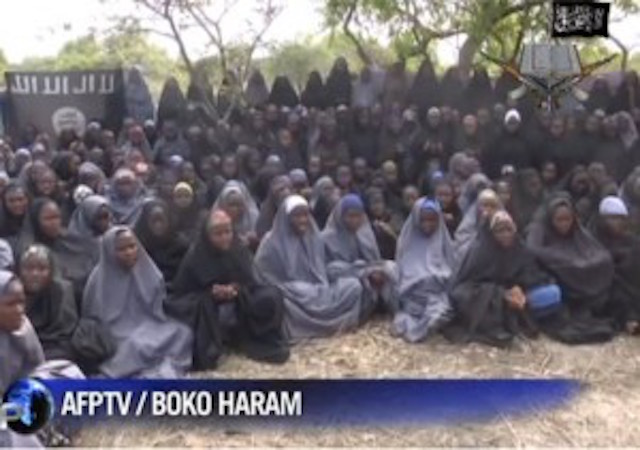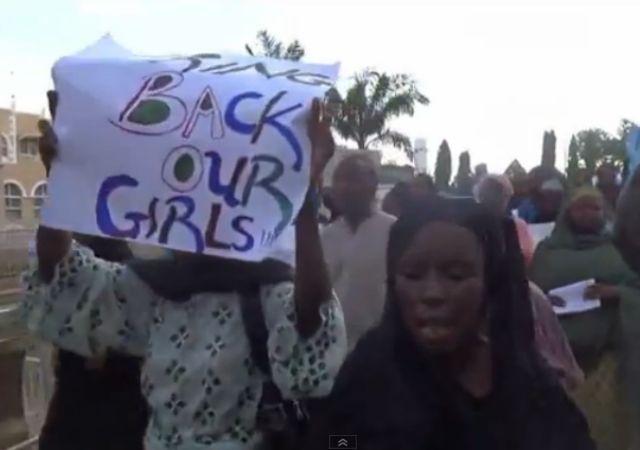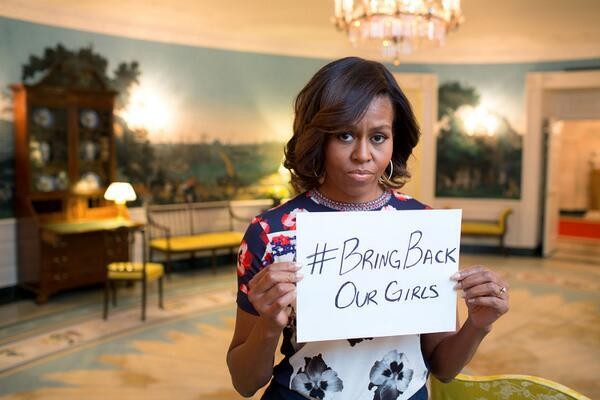The #BringBackOurGirls hashtivism trend may not have saved the almost
300 young women who were kidnapped in Nigeria earlier this year, but it did force the world to focus its attention on Boko Haram, the Islamic extremist group responsible for the kidnappings.
It's time to bring that attention back.
Most of the media's coverage of Boko Haram has focused either on the kidnappings, or on the scrappy, regional nature of the group's quest for self-determination as a nation of Islam. The problem with this is that while the west has been busy forgetting to pay attention to the almost 200 girls who are still missing, Boko Haram has been growing.
From the
Associated Press:
In Niger, the government has declared a "humanitarian crisis" and appealed for international aid to help tens of thousands of Nigerian refugees driven from their homes by the insurgency.
These recent events show how neighboring countries are increasingly being drawn into Nigeria's Islamic uprising. Thousands of people have been killed in Nigeria's 5-year insurgency and some 1.6 million people driven from their homes.
"We are concerned about the increasing regionalization of Boko Haram," said Comfort Ero, Africa director for the International Crisis Group.
On Sunday, Cameroon's army announced it had broken up a Boko Haram training camp in the Mayo-Danay district in the country's Far North region. The army was looking for other hideouts in the area, said Jean-Pierre Mbida, a soldier with the Rapid Intervention Battalion tasked with fighting the insurgents.
"We will continue monitoring the area in the hope of uncovering any other Boko Haram hideouts and training grounds," he added.
Boko Haram is pulling fighters from Niger, Chad, and Cameroon into Nigeria, and has also managed to gain control of previously free areas in Niger. The general territory Boko Haram runs in is poor, and largely ignored by the government, making it easy for them to implement their alternative-authority structure over an even less-than-willing population.










